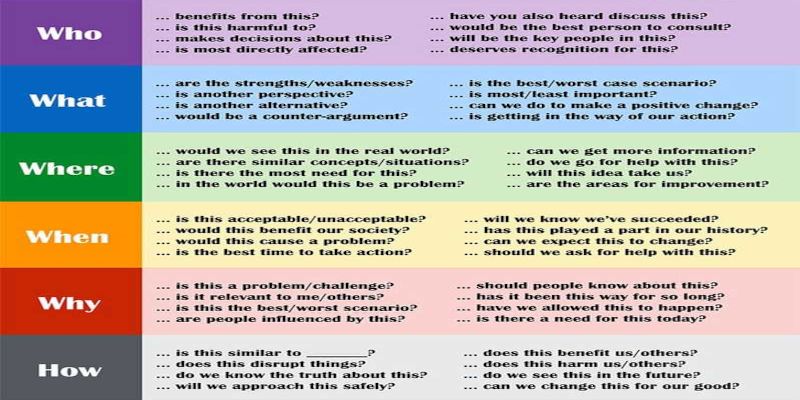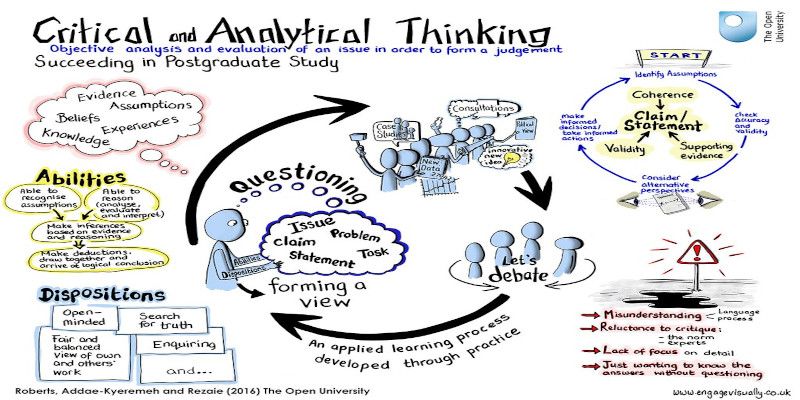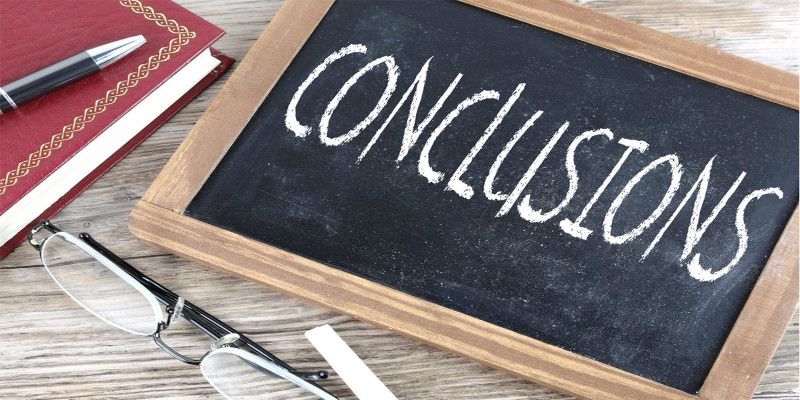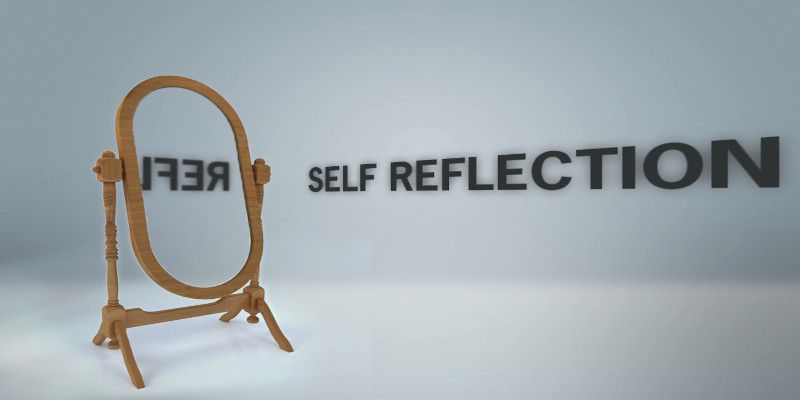Table of Contents
ToggleIt’s positive to be self-introspective from time to time. Regardless of your personality, age, sex, or position in the social hierarchy.
Looking inward allows us to figure out what is currently working for us, but more importantly, what isn’t functioning as intended, or what we can improve to live a happier, more successful life.
Advantages of introspection

Allows you to figure out your strengths and weaknesses
Knowing what your strengths are is fun, strokes your ego, and is important to figure out what path to take to become successful.
But even more essential is that thinking introspectively allows you to realize what you’re not all that good at and thus, need to become more proficient at, or need assistance for. That’s why we need to self-reflect from time to time.
Of course, becoming aware of our weaknesses is not fun, not always something we desire, and can make us feel inadequate as a result. Yet, it is vital to know our imperfections and blind spots to do better in the future.
Deciphering why you failed or what you can do to improve

One of the advantages of introspection is that it allows us to learn new knowledge.
Throughout our life, failure is not an option, but a given. So it’s best to taste defeat and difficulty early on when growing up to get used to it.
However, failure and making mistakes is not the end of the world. On the contrary, it’s trying to teach us something valuable. That something went wrong or is simply not working optimally and needs improvement.
People capable of honest introspection have the advantage of being able to decode more quickly and more accurately what went wrong or suboptimal.
That’s why reflective individuals have an easier time fixing their faults and, thus, improving at a faster, more efficient rate.
Makes it easier to figure out what you want in life

Thinking introspectively allows you to figure out what you want in life. Unfortunately, that’s something that nobody can ever do for you. It’s entirely up to you to solve that complicated puzzle along the way.
And while figuring out what to do with your life is hard for most of us, self-introspection and being analytical will probably make you more aware at an accelerated rate. And we know that understanding your perks and failings combined with what you enjoy and don’t like in life is vital to become thriving.
That’s precisely why I believe that every person should take some time to think about what they’re doing, and why they’re acting that way, to get to know what they want to do and become in life.
Makes you reach your goals faster and more effectively
Being self-introspective probably means having an increased awareness of your strengths and imperfections. It means you’re more likely to be attuned to where you failed, and what you’re already doing just fine.
As a result, you can effectively fix your mistakes more rapidly and much more proficiently than people who never take the time to turn inward to figure out what went/is going wrong.
Possible self introspection pitfalls

Overthinking behavior
All this introspective analyzing and, thus, time spent in our mind can put the self-examining person at risk of developing overthinking behavior. Especially if that person is highly introverted and/or neurotic by nature.
This means that becoming more self-examining and living more introspectively is walking a fine line between overthinking and no self-contemplation at all. And so a balance must be struck to gain the benefits while reducing, or eliminating, the downsides entirely.
Procrastinating
Reflecting about your actions regularly means you’ll become more aware of your imperfections, the dangers of life, and all the things you have no control over. Regrettably, this can cause suffering from an increased amount of anxiety or, even worse, phobia.
This anxiousness and fear might immobilize us completely by preventing us from taking action. Hence, anxiety can lead to procrastinating about all the things that might go wrong. And most of the time, there’s a large variety of stuff that can go haywire.
Frequently Asked Questions (FAQ)
How to do self-introspection?

Self-introspection questions

- Who am I?
- Who do I want to be in the future?
- Am I living true to myself?
- What’s critical to my happiness?
- What makes me feel fulfilled?
- …
These are just some possible questions to practice self-introspection, but many more exist. So don’t be afraid to experiment and to be creative! There are no bad questions, only bad answers.
Self introspection skills

- The capacity to look inward
- The ability to be honest with ourselves
- The capability to understand ourselves holistically
- The willingness to grow from that process
This self-reflection will give you a better understanding of yourself, and our heightened awareness will make it easier to control our emotions.
What does self-introspection mean?
Self-introspection can be defined as the examination and analysis of oneself. It means looking at your motivations, actions, and personality.
Looking inward includes being aware and consciously thinking about your behavior and thoughts.
Is self-introspection inherited?

I believe that self introspection is partly inherited, and partially learned behavior.
There are numerous individual differences among people. Even though it should be noted that we are all more alike than we are different.
For example, some folks seemingly live more inside their head than in the real, physical world. Fascinated and occupied by the rich inner world of their mind. These people are often called introverts.
On the other hand, some can’t get enough of the outside, physical world. Preferring to interact with others and the real world in an attempt to make sense of our existence and the many wonderful things happening in this universe. These people are typically called extroverts or people high in personality trait extroversion.
And while it’s not a case of “which one is better, introverts or extroverts?” Because both are personality traits and have their distinct advantages and disadvantages, it can be valuable to be self-reflective from time to time.
But since introverts tend to live inside their mind so much, they generally lean more toward introspection than extroverts do.
Self-introspection example

A possible self introspection example could be that you tend to get more irritated when you’re sleep-deprived due to not sleeping well, or long enough.
Not only is this vital to know and understand, but it also means that you can do something about it to resolve that issue. Think of solutions such as going to bed sooner, or practicing better sleep hygiene to sleep through the night more easily.
Self-introspection synonyms
Self-introspection has many synonyms, such as:
- Self-meditation
- Self-contemplation
- Self-observation
- Soul-searching
- Self-reflection
- Self-analysis
- Self-scrutiny
- Self-examination
- Self-questioning
- Heart-searching
While the wording is different, the meaning remains by and large the same.
Final note

The profits of being introspective outweigh the possible liabilities more often than not.
I do realize that every person is different and that some people are naturally more inclined toward looking inward than others. Still, I think that consciously being more self-reflective occasionally leads to a better life in a variety of ways.
Once in a while, try taking the time to explore your mind in an attempt to figure out your life, and what you need to change to achieve your dreams and goals.



1 thought on “Why it’s good to be self introspective”
Comments are closed.